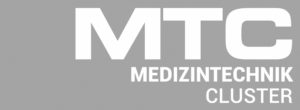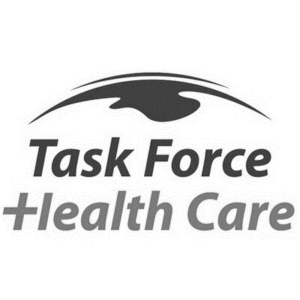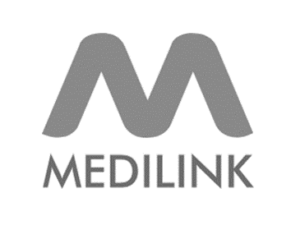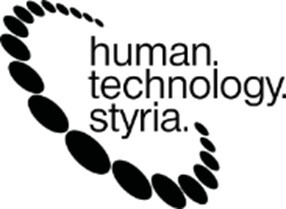Digital technology has a big advantage in clinical trials not to rely on patients’ paper intake forms and manual data entry into clinical systems only. Digitised processes present new opportunities to enhance the clinical experience e.g. virtual visits or e-Consent applications but adding disconnected tools increases complexity and costs, making it harder to get a holistic view of trial data.
While more data can lead to greater insights, it can also overwhelm and confuse research sites and data managers if managed incorrectly.
Here are some key challenges facing the industry today—and recommendations for overcoming them:
➡️️ Taming data overload because the overwhelming number of data sources and lack of access to the data originator make it difficult for study teams to determine which information to use and how to use it.
➡️ Enabling standardization: Without the proper measures and systems in place, standardization would require constant monitoring and updating for alignment across stakeholders.
➡️ Accelerating information flow for timely adjustments: Delays caused by manual data processes, however, could slow these necessary dosage adjustments.
➡️ Establishing a data foundation for digital trials: By working together to standardize data documentation processes and leverage advanced systems, sponsors, CROs, and research sites can access and interpret data faster and better than ever.
This expedites data collection and reduces human error, enabling processes to be automated and reconciled efficiently.
To maximize the digital clinical trial opportunity, it is imperative to establish a solid foundation of data collection and management best practices and capitalize on the advancements in data management technologies. Only then will we see the true potential of medical innovation as new treatments get to patients at an unprecedented pace.
You would like to know more details …
https://medcitynews.com/2023/07/clinical-trials-have-a-data-problem-heres-how-the-industry-can-solve-it/













